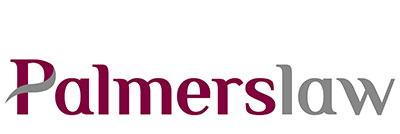
A new study into the Bank of Mum and Dad (BoMaD) has revealed that parents who help their children onto the property are not high earners, contrary to popular belief.
According to research conducted by the London School of Economics on behalf of the Family Building Society, parents are not from high income families.
Many are already drawing a pension but have assets because they are homeowners and often have savings and investments put aside for a rainy day. The research also revealed that they are also more likely to live in the south of England.
Rather than making outright gifts to their children, the study found that most transactions took the form of interest free loans to enable their offspring to put down a deposit, although some also helped with legal costs, stamp duty or initial mortgage payments.
The majority of help – 68 per cent of BoMaD transactions – helped first time buyers onto the property ladders, although a surprising number of parents – 27 per cent – helped their children with second or even third purchases.
The report also stated that the term ‘Bank of Mum and Dad’ is misleading, as, unlike a bank, many parents failed to either provide a written record of transactions or even discussed the terms of the repayment with their children. Some admitted that they had not had a conversation with their children to make it clear whether the money was a loan or an outright gift and others said they had not considered what would happen if one or both parents died.
Sarah Dowie, a Solicitor with Palmers said: “Many families are either confused about how to best help their children to get on the property ladder or are worried that they might be risking their rainy day fund so that they have nothing to fall back on if the worst should happen.”
With more and more people affected by the ‘Bank of Mum and Dad’, we are here to help your clients understand the legal implications of what is involved and identify the best options for their particular circumstances.”
For more information, please contact us.
